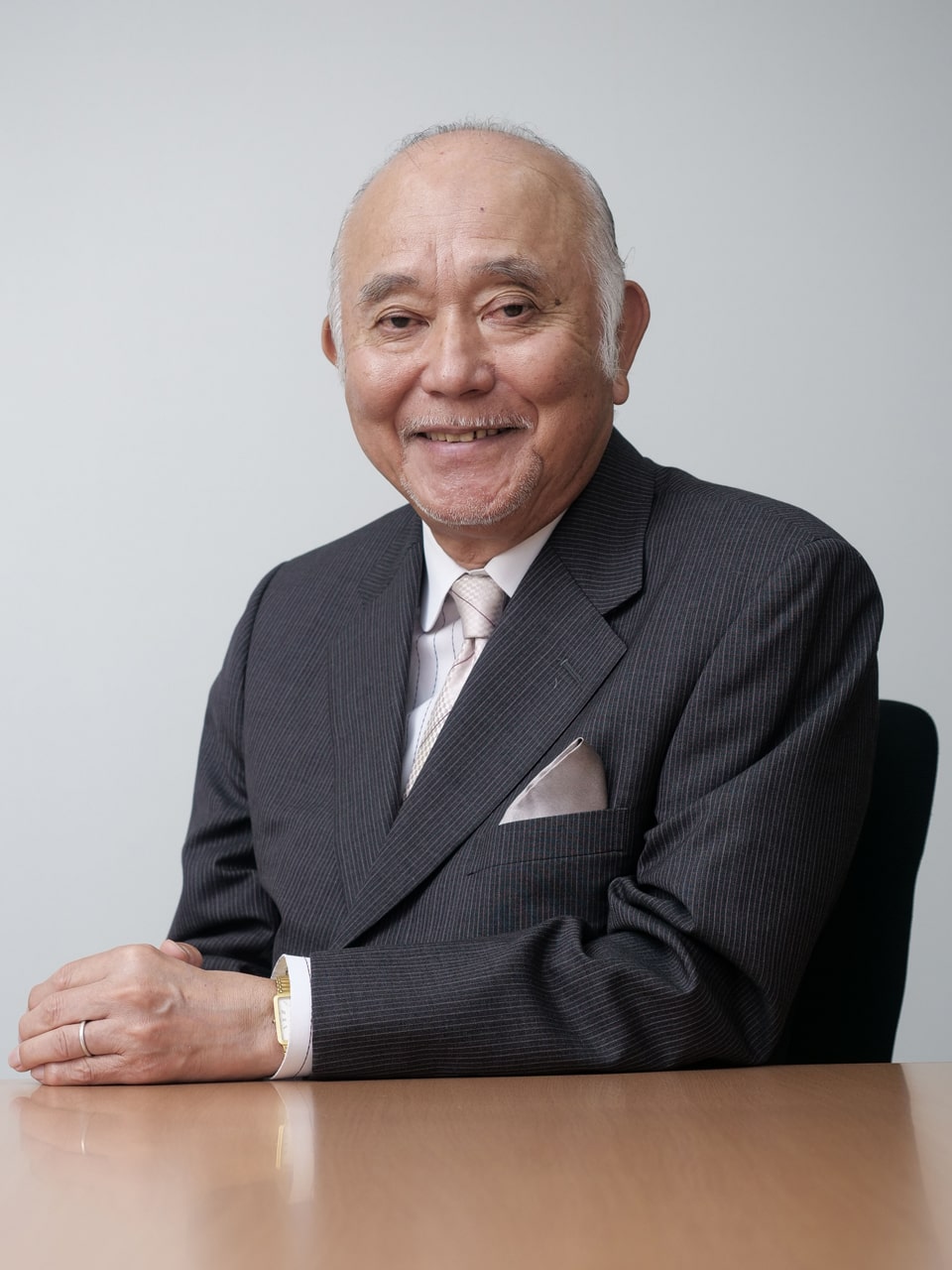Greeting & History
Chairman’s Message

Chairman Prof. Takao Kashiwagi
The Foundation will celebrate its 40th anniversary in the year 2024 from the inauguration of its predecessor, the Cogeneration Research Society of Japan. Since 2011, when the Great East Japan Earthquake struck, we have changed our name to the Advanced Cogeneration and Energy Utilization Center Japan (commonly known as ACEJ), and have worked to promote the spread of cogeneration and advanced energy use. We would like to take this opportunity to thank our members, the government, academics, and other interested parties for their support and cooperation.
Since its inception, the environment surrounding energy in Japan has changed significantly. Particularly after the Great East Japan Earthquake, energy liberalization has progressed and energy security as well as energy conservation has become more important, while the spread of ENE-FARM fuel cells for household use has begun, and medium- and large-sized gas engines and gas turbines have also achieved significant efficiency improvements, while cogeneration has been introduced as an effective distributed energy system. The introduction of cogeneration as an effective decentralized energy system is progressing. Meanwhile, in recent years, international environmental and energy policies have been steered towards decarbonization as a countermeasure against global warming, and Japan has also begun to move significantly towards economic and social reform through the integration of GX and DX, following the government's 2020 declaration that it will be carbon neutral by 2050 and the enactment of the GX Promotion Law and the GX Power Source Law in May 2023. The move towards economic and social transformation through the integration of GX and DX has begun in a big way. Cogeneration is also expected to reaffirm its value and contribution in the context of these major changes in the energy sector.
Cogeneration can be said to be an "important technology with an immediate effect towards decarbonization" in the transition period when CO2 emission reductions are required.
Furthermore, as a decentralized energy system, it is also expected to contribute to the grid in terms of resilience, the ability to adjust to fluctuating renewable energy sources, and DR, from the perspective of energy security in light of recent drastic natural disasters and the turbulent international energy situation.
In the future, through the carbon neutralization of fuels such as synthetic fuels and hydrogen, it will contribute as the core of an energy system that will make effective use of valuable energy in a decarbonized society after 2050.
To contribute to the realization of carbon neutrality and sustainable energy use, the Foundation will continue to promote the advanced use and diffusion of energy, with a focus on cogeneration, from domestic use, such as ENE-FARM, to commercial and industrial use.
We look forward to your further guidance and encouragement.
April 2024.
Advanced Cogeneration and Energy Utilization Center, Japan
Takao Kashiwagi, Chairman
History
| May. 1984 | The Japan Combined Heat and Power Engineering Assembly holds its first meeting |
|---|---|
| Feb. 1985 | A general meeting is held for the establishment of the Cogeneration Research Society of Japan |
| Apr. 1985 | The Cogeneration Research Society of Japan is established, with its office at 3F Dai-ni Maruko Building, 13-8, Ginza 7-chome, Chuo-ku, Tokyo |
| Oct. 1987 | The Society’s office relocates to 6F NKK Building, 2-18-2, Nishi-shinbashi, Minato-ku, Tokyo |
| Oct. 1997 | Renamed the Japan Cogeneration Center |
| Oct. 2007 | The Center relocates to 3F Kudan Horie Building, 3-14, Kudankita 4-chome, Chiyoda-ku, Tokyo |
| Apr. 2009 | The Center merges with the Center for Promotion of Natural Gas (CPNG) |
| Mar. 2011 | The Center relocates to 4F Urban Toranomon Building, 16-4, Toranomon 1-chome, Minato-ku, Tokyo |
| Sep. 2011 | Renamed the Advanced Cogeneration and Energy Utilization Center JAPAN |
| Apr. 2015 | The 30th anniversary of its establishment |

